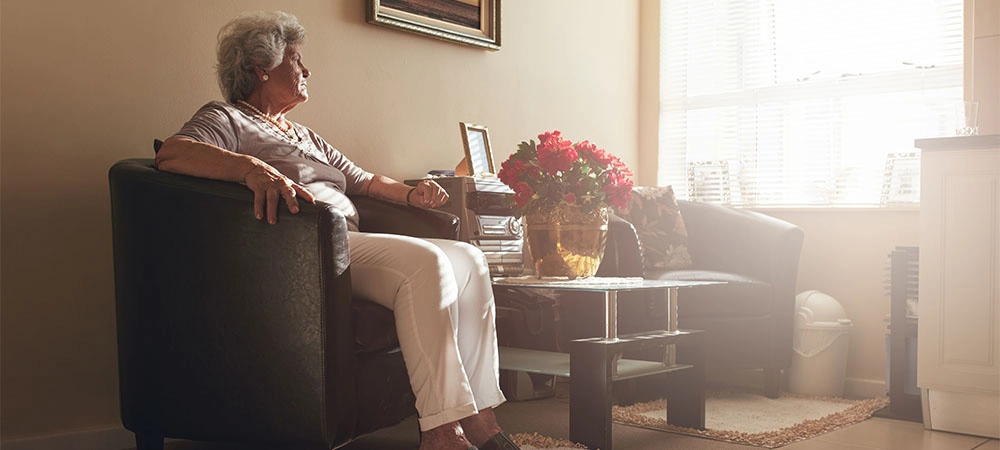What is Sober Living? Toronto, Ontario
A sober living home is a stopgap between leaving an in-patient rehabilitation facility, and going directly home. It can be hard to go directly home, returning to your everyday life, in an atmosphere where your pre-rehabilitation habits occurred. A sober living home can be your next stop to gradually leave the rehab bubble and return to the real world. A place where you will be able to continue the practices you learned at your rehabilitation facility. Though a sober living residence is not to the same extent as an in-patient rehab facility, it is an atmosphere where it is inspired to continue to learn and grow coping skills to better adapt to the reintegration of going home.
What is the Difference Between a Sober Living Home and an In-patient Rehab Facility?
An in-patient rehabilitation facility has around-the-clock supervision and routines which are to be followed to grow healthy habits and coping skills outside of a life of drugs and alcohol. When it comes to a sober living home, the supervision is not as intense. Those who are living in a sober living home are allowed to go in and out of the perimeter whenever they would like without permission. This is the area where the gradual entry back into society comes into play. Though individuals are allowed to come and go when they please, there are still rules which are to be followed which include mandatory curfews and showing up to meetings. Taking this step to going into a sober living home instead of heading straight back into reality allows individuals in recovery to build a support system outside of rehab. Isolation is a major occurrence when heading home and this can help avoid that.
What is Transitional Living? Toronto, Ontario
Transitional living is a term used with the same definition as sober living. The directed audience is newly sober individuals leaving their in-patient program and not quite ready to return home to “real life”. This is a way in which patients who are getting ready to leave their in-patient rehabilitation centre can have somewhere to stay which will help them gradually return to society, while still being able to have a social network, and meetings to support their recovery. This is in an atmosphere where the rules are relaxed and can leave the perimeter as long as the individual returns by curfew and participates in group meetings.
Enhance the Probability of Staying Sober in Toronto
Sober living home or transitional housing allows individuals to live as they normally would at home, but with a support system built of others going through similar experiences. Being a resident in a sober living or transitional home can greatly reduce the risk of relapse after leaving the in-patient treatment centre, by having this social support, and meetings to build on the coping skills learned at the rehabilitation facility. These sober living or transitional homes can help those who come through its doors to tackle obligations that will need to be accomplished when returning home. These can include but are not limited to:
- Finding a job
- Finding a place to live
- Learning coping skills after experiencing unsupervised outings
- Making amends with friends, family, and anyone who was affected by your alcohol or substance abuse.
- Learning how housemates are also finding the transition to sober living in this unsupervised environment.
Sober living residents and workers can help implement plans to prevent relapse and to identify things and events which may trigger you to want to use substances.

How to Find the Best Sober Living Housing Option Toronto, Ontario?
Deciding on where to reside for your post-rehabilitation home, is important to achieve your goal of long-term sobriety. Considerations to take into account when making your decision is to determine where you would like to be, and how much you would like to pay. Also, the size of the residence you would like to be in, and how many people generally will you be living with. Another aspect of making you decide is that sober homes can be specific to gender, so it is important to look at the details pertaining to each sober living, transition home. Other things that may be included are different amenities such as cooking services, gym access, pools, and cleaning services. When researching what is right for you, look into all the aspects that will fit you.
What are the Rules of Post-Treatment Housing? Toronto
The expectations of Post-treatment facilities for sober living are very similar to one another and they have these rules and guidelines to ensure that they can support you in your recovery, keep the residents safe, and help you build and grow your new sober life. The general rules amongst soberest living residences include:
- No substances or alcohol
- Those living at the premises must participate in household activities and meetings
- Those living at the residence must be in by curfew and sleep on the property
- Residents can come and go as they please and are responsible for themselves when off the property
- Must agree to random substance and alcohol tests
- All those who live on the property must treat each other with respect
- To live on-site, residents must have completed the rehabilitation program and detox
What are the Benefits of Post-Treatment Housing? Toronto, Ontario
Many benefits can come with post-treatment housing and sober living including:
Guidance and Support from Those Around You
In transitional housing, you will be around many who are experiencing similar to you. Everyone is working towards the transition from in-patient rehabilitation to their home and is making their way to this stopgap before doing so. There are workers on site around the clock to be available to you, and all the other residents know what it is like to walk the path of substance abuse and addiction. Being surrounded by people and supervision can hold you accountable for your actions and motivate you to stay on your sober path.
Building Relationships
Living in a transitional sober house will allow you to meet people who are now sober like you with a common goal. You will be able to support each other by giving each other an ear, setting goals together, and again holding each other accountable. Isolation is one of the then common results when first coming out of an in-patient facility, and this sober living home allows the opportunity to avoid that.
Growing Your Skills
Transitional sober living allows you to have structure while making your own decisions. You can adapt your current coping skills while putting them into practice day to day while being able to reconnect with the group at the residence each day. Living with all the other residents will also help you in enhancing your social skills in terms of communication, patience, and other daily skills.
Independence
The best part of sober transitional living is that it can be a step in giving you your independence back. You get to make your own decisions when it comes to what you do during the day. As long as you return by curfew and in time for the group, the choices are yours. This can help you so you get to make your own decisions and then if things do not go exactly as planned you get to come back to the structured residence to confront your struggles from the day. This will allow for the best possible transition back to your home and life.

Reducing the Risk of Relapse
The overall goal of transitional housing before returning to your pre-rehabilitation life is to reduce the risk of relapse. This transition allows a safe gradual entry back into society so the newly sober individual is not thrown straight into life and expected to succeed. Sober living can help tackle your triggers as there is no access to be able to relapse while in the housing. Everyone is held accountable for their actions and behaviours and will adhere to these rules which will greatly reduce the risk of relapse when transitioning home.
At Addiction Rehab Toronto, we are here to help you build strategies and enhance your skills to prepare you to re-enter society, with the opportunities for gradual re-entry for the best possible chance at success
…
Call us today, so we can help you
FOR IMMEDIATE HELP – CALL US 1-855-787-2424
Or email us at: help@addictionrehabtoronto.ca







